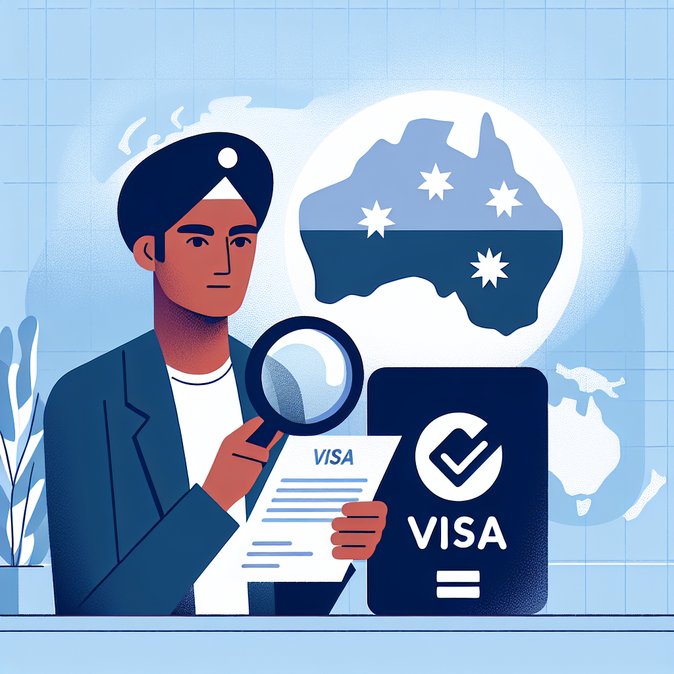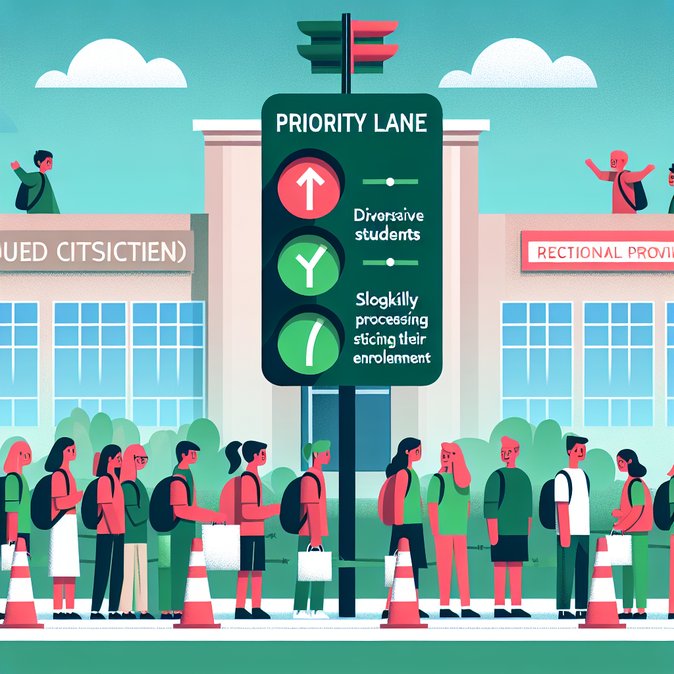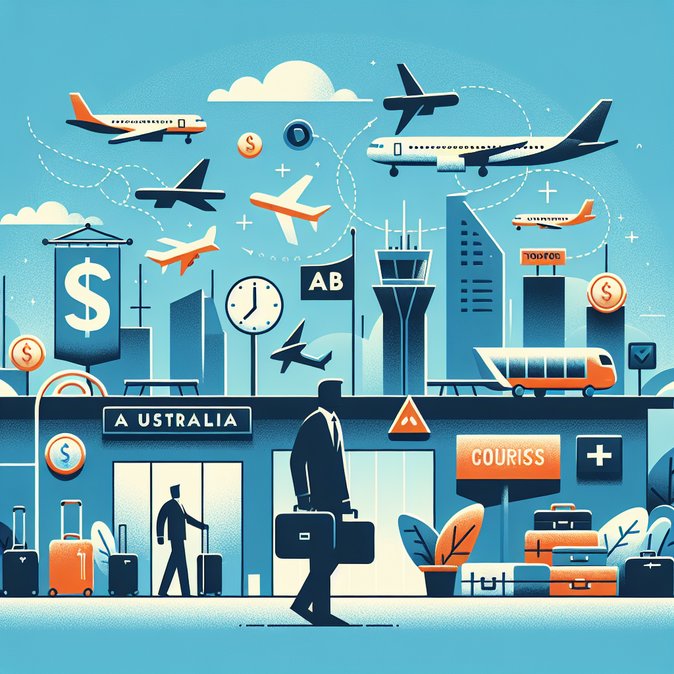
The Department of Home Affairs has quietly opened registrations for the 2025-26 round of the Mobility Arrangement for Talented Early-professionals Scheme (MATES), giving 3,000 Indian graduates and early-career professionals a chance to live and work in Australia for up to two years. The online ballot, which launched on 1 November and will close on 14 December 2025, is the second full-year intake since the labour-mobility pact was inked alongside the Australia–India Economic Cooperation & Trade Agreement.
Successful entrants receive a temporary “mobility visa” that allows multiple entries, unrestricted work rights and the possibility to transition to employer sponsorship once in Australia. Eligibility is limited to Indians aged 18-30 who hold at least a Bachelor’s degree in science, engineering, ICT, financial technology, agricultural technology, or applied mathematics – fields explicitly chosen to plug Australia’s chronic skills shortages in STEM. Applicants pay a modest AUD 25 ballot fee; if selected, a further AUD 365 visa charge applies.
![Ballot opens for 3,000 places under Australia-India MATES early-career mobility scheme]()
From a business-mobility perspective, MATES is fast becoming a niche but valuable pipeline for companies seeking junior talent familiar with Indian markets. Consulting firms and tech multinationals with delivery centres in Bengaluru and Hyderabad have already started internal campaigns to encourage eligible staff to enter the ballot, citing the programme’s flexibility and low compliance burden.
For HR teams, the key practical step is to build MATES into 2026 workforce-planning. Because visa validity begins on entry, employers can synchronise arrival dates with project timelines, avoiding the sponsorship costs associated with Subclass 482. However, the programme’s small cap – 3,000 places against nearly 80,000 India-born skilled workers in Australia – means demand will dwarf supply. Companies may therefore need to offer relocation grants or guaranteed employment letters to stand out once the ballot results are announced in January.
Diplomatically, the scheme reinforces the growing strategic partnership between Canberra and New Delhi. Indian officials have hinted that, if take-up remains strong and compliance issues low, they will push for an expanded cap in the next bilateral review. Australian employers would welcome such an expansion, given predictions that digital-skills vacancies will hit 300,000 by 2027.
Successful entrants receive a temporary “mobility visa” that allows multiple entries, unrestricted work rights and the possibility to transition to employer sponsorship once in Australia. Eligibility is limited to Indians aged 18-30 who hold at least a Bachelor’s degree in science, engineering, ICT, financial technology, agricultural technology, or applied mathematics – fields explicitly chosen to plug Australia’s chronic skills shortages in STEM. Applicants pay a modest AUD 25 ballot fee; if selected, a further AUD 365 visa charge applies.

From a business-mobility perspective, MATES is fast becoming a niche but valuable pipeline for companies seeking junior talent familiar with Indian markets. Consulting firms and tech multinationals with delivery centres in Bengaluru and Hyderabad have already started internal campaigns to encourage eligible staff to enter the ballot, citing the programme’s flexibility and low compliance burden.
For HR teams, the key practical step is to build MATES into 2026 workforce-planning. Because visa validity begins on entry, employers can synchronise arrival dates with project timelines, avoiding the sponsorship costs associated with Subclass 482. However, the programme’s small cap – 3,000 places against nearly 80,000 India-born skilled workers in Australia – means demand will dwarf supply. Companies may therefore need to offer relocation grants or guaranteed employment letters to stand out once the ballot results are announced in January.
Diplomatically, the scheme reinforces the growing strategic partnership between Canberra and New Delhi. Indian officials have hinted that, if take-up remains strong and compliance issues low, they will push for an expanded cap in the next bilateral review. Australian employers would welcome such an expansion, given predictions that digital-skills vacancies will hit 300,000 by 2027.
More From Australia
View all
Australia introduces three-tier ‘fast, standard, slow’ lanes for student-visa processing under Ministerial Direction 115

Qantas to open 400-person AI Innovation Centre in Adelaide, promising smarter baggage tracking and disruption management
